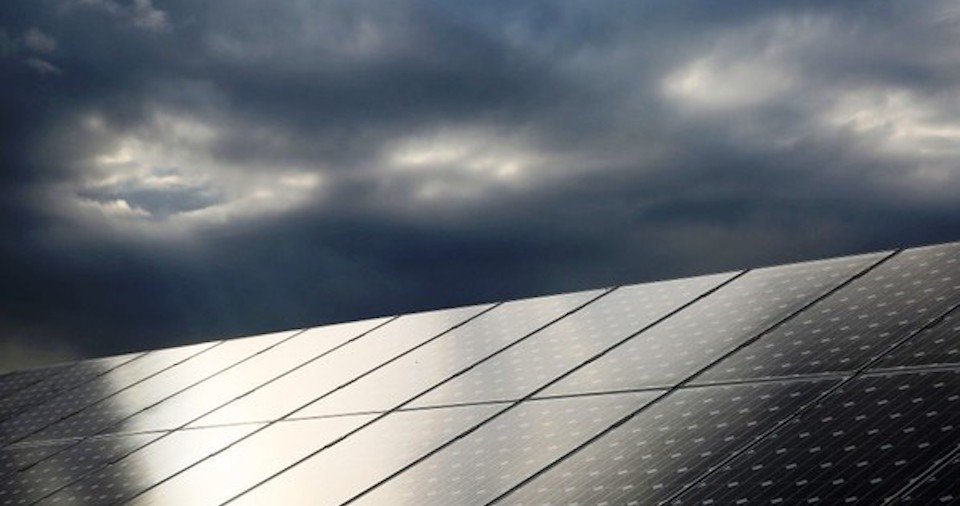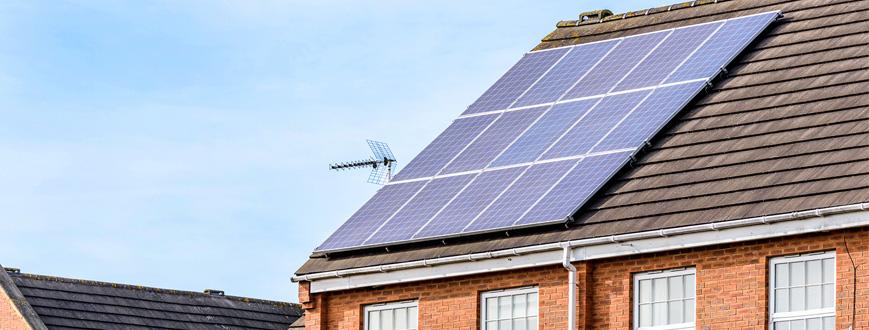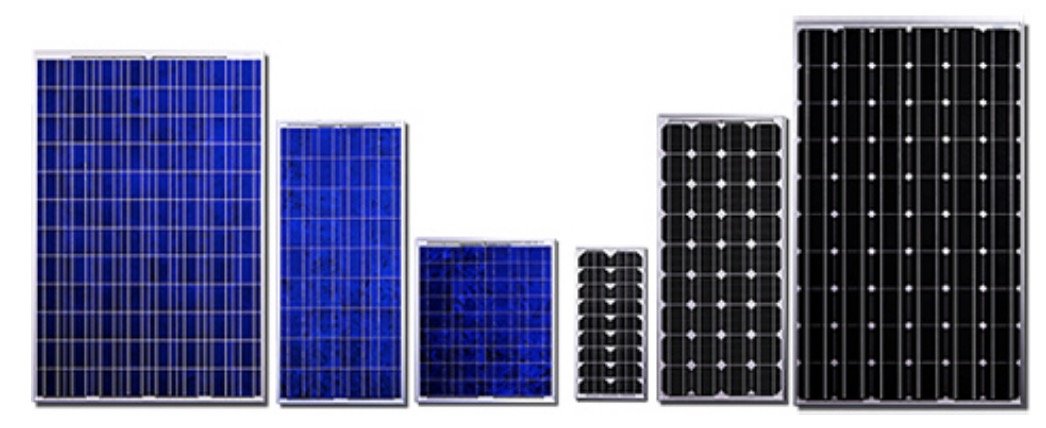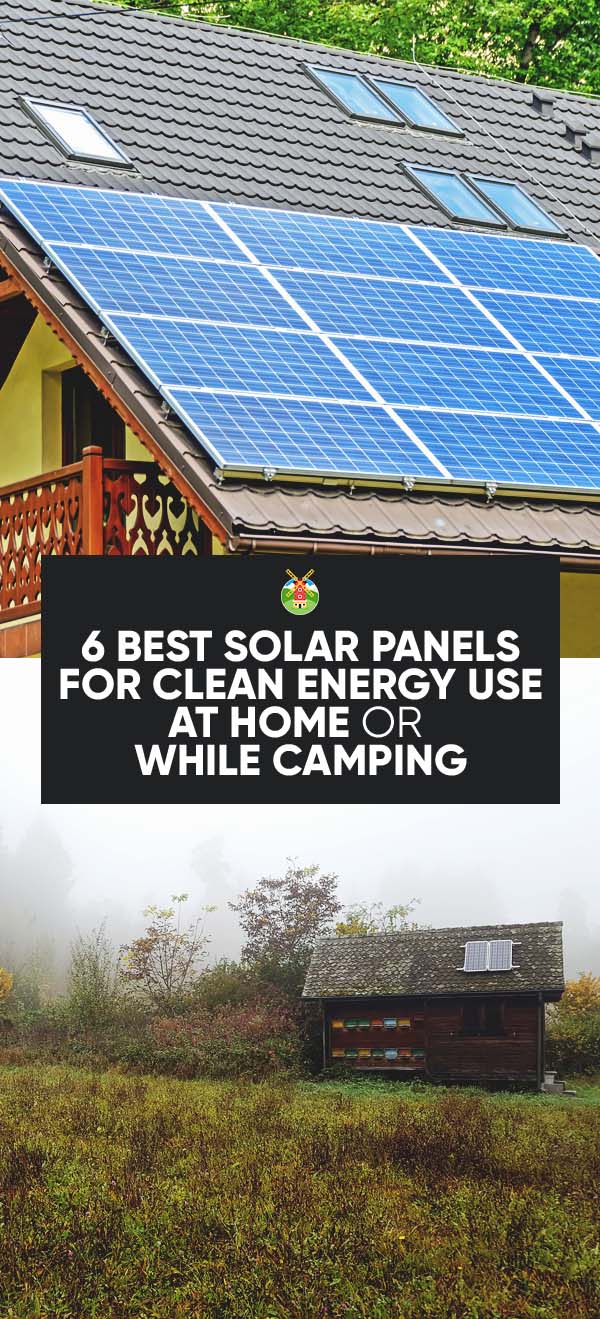Best Type Of Solar Panel For Cloudy Conditions

Your solar panels performance and efficiency matters.
Best type of solar panel for cloudy conditions. Monocrystalline panel efficiencies can range from 17 to 22. There are three major types of solar panels. The shape of these tubes means they experience more sun exposure throughout the day than flat panels and offer a greater total collection area. The major types of solar panels.
Yes just not quite as well on a cloudy day typical solar panels can produce 10 25 of their rated capacity. For that same reason solar panels can still produce electricity on cloudy days. Thin film amorphous silicon solar panel. The best solar panels available on the market today are sunpower s a series residential solar panels which are 22 8 efficient at their maximum.
But depending on the cloud cover and the quality of the solar panels efficiency can drop to anywhere from 10 to 25 percent of the energy output seen on a sunny day. The exact amount will vary depending on the density of the clouds and may also vary by the type of solar panel. Temperature coefficient the temperature coefficient tells you how well your solar panels will perform in less than ideal conditions. We have researched some of the best solar panels that work on cloudy days and great for personal and commercial use.
Some kinds of panels are better at receiving diffuse light. Monocrystalline solar panels usually have the highest efficiency and power capacity out of all types of solar panels. Evacuated tube collectors offer the most effective method of solar water heating in low light or cloudy conditions according to the south carolina energy office. But do solar panels work in cloudy weather.
We may assume that solar panels thrive in hot sunny weather but too much heat can actually reduce solar panel output 10 25. Because monocrystalline solar cells are made out of a single crystal of silicon electrons are able to flow easier through the cell which makes the pv cell. However it has a shorter warranties and lifespan. This is an important question to ask as these weather conditions can affect your pv module energy production and as a result dampen the return on investment for your solar panels.
This is another commonly used type of solar panel that comes at a low cost and offers an efficiency of about 10. So very hot weather isn t the best condition for them.














































